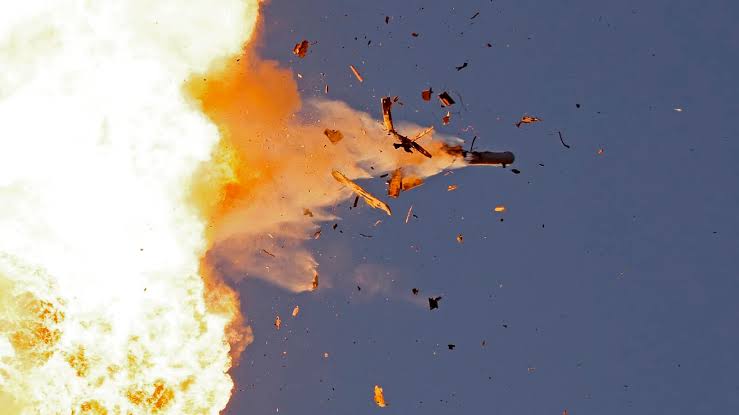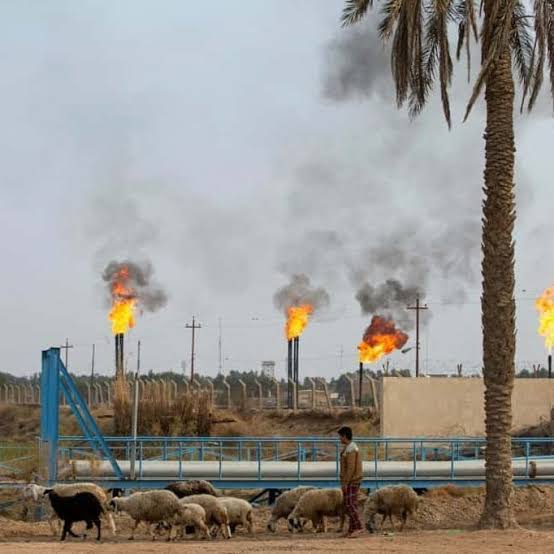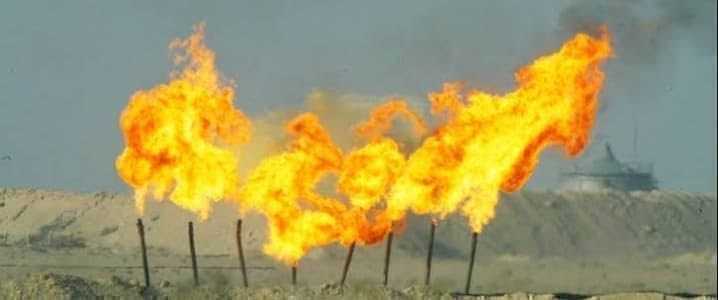Vivek Dhar, a mining and energy commodities analyst at the Commonwealth Bank of Australia (CBA), says that rising tensions in the Middle East will keep oil prices high over the next few months. Dhar’s analysis shows how the war between Israel and Iran could affect oil supplies around the world if it gets worse. Because of the rising political and economic risks in the region, he thinks that Brent crude oil will trade between $75 and $85 per barrel in September.
Dhar says that the conflict between Israel and Hamas in Gaza could get worse, causing tensions in the region to rise and possibly even a direct clash with Iran. Attacks on Iran’s oil infrastructure could happen if the situation gets worse, which would have big effects on oil markets around the world. Dhar says that Iran’s oil supply makes up about 3 to 4 percent of the world’s overall oil supply. If this supply is interrupted by war or specific attacks, oil prices could go up a lot because the global market will be reacting to possible shortages and higher risk premiums.

Geopolitical risks loom large—oil prices forecasted to climb amid Middle East conflict.
The situation in Gaza has been getting worse, and there are fewer and fewer chances for a quiet end to the fighting. As the fighting goes on, there is growing worry that the conflict could spread to other parts of the area, especially Iran. Because Iran plays a big part in the world oil market and is in a key location in the Middle East, any military action against its oil facilities could stop the flow of oil and have an effect on prices around the world.
Aside from the dangers that could come from regional wars, oil markets are also affected by bigger political and economic issues. The current unrest in the Middle East makes an already unstable market even more unclear, which drives up the price of oil. Investors and experts are keeping a close eye on the situation because if the violence gets worse or oil supplies are cut off, prices could go up sharply.

Rising tensions and potential disruptions: Oil prices set to remain high, warns CBA analyst.
Dhar’s prediction for Brent crude oil shows how the market thinks these risks will affect it. The expected price range of $75 to $85 per barrel shows that the market is ready for possible problems and is taking into account the political risks that come with the ongoing war. This prediction fits with the overall trend in the oil market, where rising global tensions often cause prices to rise and volatility to rise.
The situation in the Middle East is expected to continue to affect oil prices as long as things stay the same there. The main things that could make prices go up are the chance of a bigger war involving Iran and the effects that would have on its oil infrastructure. Investors and market players will need to keep up with the latest news and make changes to their plans as needed.

Middle East unrest could drive oil prices up—forecasted surge to $85 per barrel.
To sum up, the fact that oil prices are expected to stay stable between $75 and $85 per barrel is due to the unstable political situation in the Middle East and the possible risks that come with it. Since there aren’t many signs that the situation will get better, oil markets will likely stay sensitive to any further escalation. This will keep prices high as investors weigh the risks of possible disruptions to global oil supplies.